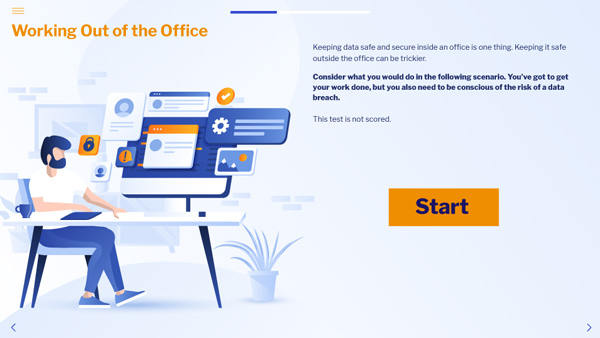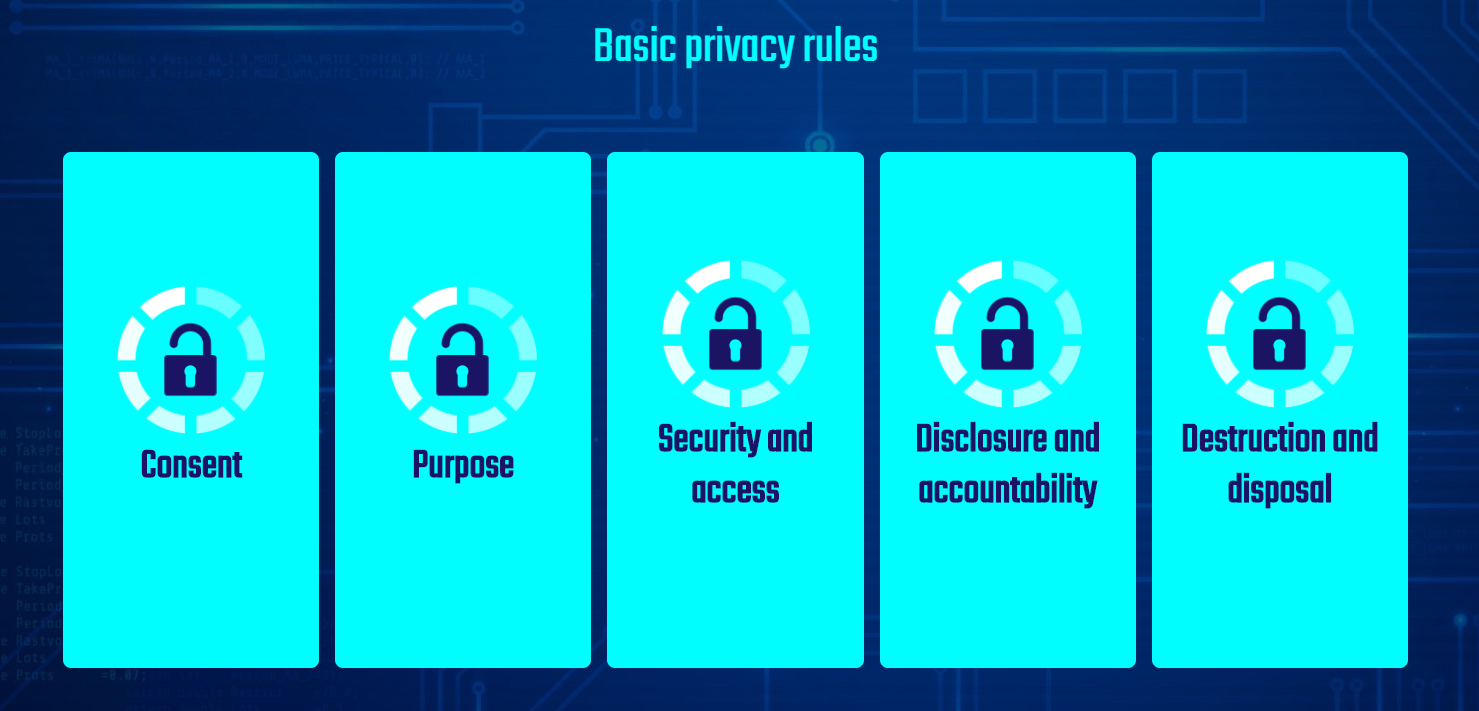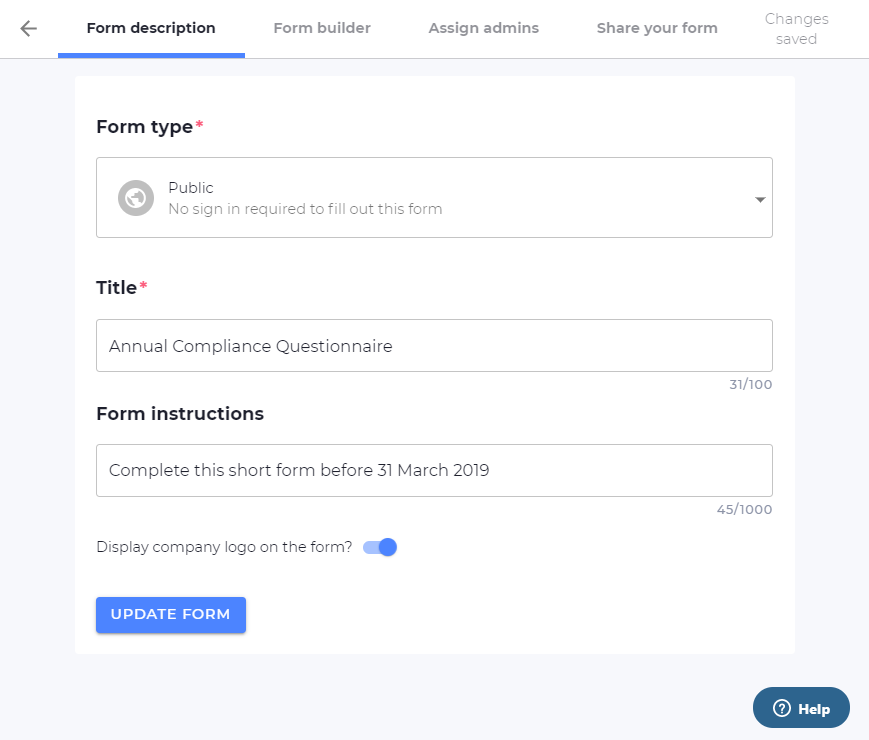Compliance with the General Data Protection Regulation (GDPR) is an ongoing process. Organisations should regularly review and update their policies and data collection processes, as well as take training. The best way to refresh staff’s knowledge is to enrol them in a new course around once a year, rather than simply ask them to take the same course they took a year ago. With GDPR now having been in force for over a year, VinciWorks will be adding a new course to the GDPR training suite that includes both refresher training and role-specific advanced modules.
How does the course work?
The recommended use of GDPR: A Practical Overview is to put all staff through the basic six modules, and to add advanced modules for specialised staff in certain departments. Personalisation questions at the beginning of the training means staff in roles that require advanced training, such as HR, IT and marketing, can choose to take job-specific modules. The basic modules cover the basics of data, keeping data safe, working from home, data subject rights and data breaches, with review questions included within each module.
GDPR refresher training core modules

- The basics of data
- Keeping data safe
- Working out of the office
- Data subject rights
- Data breaches
- Test questions
GDPR advanced modules

The new course can be customised to include advanced modules relating to specific roles, industries and jurisdictions. This makes it easier for staff to ensure their time completing compliance training is well spent and worthwhile. For example, an HR manager should focus more on data processing relating to employees and candidates rather than managing marketing lists.
Full module list
Click on the links below to try any of the specialised modules in the course
| Name of module | Intended audience | Refresher / advanced |
| 1. The basics of data | All staff | Refresher |
| 2. Keeping data safe | All staff | Refresher |
| 3. Working out of the office | All staff | Refresher |
| 4. Data subject rights | All staff | Refresher |
| 5. Data breaches | All staff | Refresher |
| 6. Test questions | All staff | Refresher |
| 7. Data protection legislation | Senior management, team leaders, GC’s, compliance officers | Advanced |
| 8. Data protection for HR professionals | HR officers, recruiters | Advanced |
| 9. Marketing and data protection | Marketers, sales people | Advanced |
| 10. Practical tips for data protection officers | Senior management, DPOs, Information managers | Advanced |
| 11. Data protection for IT departments | IT department | Advanced |
| 12. Data Protection Impact Assessments | Senior management, DPO’s, information managers | Advanced |
| 13. Privacy notices | Marketers, IT department, senior management | Advanced |
| 14. Conditions for processing | Senior management, marketers | Advanced |
| 15. Add your own module and customisations | As required | Advanced |
Translate your GDPR training
GDPR’s reach is global. All EU-based staff must complete GDPR training.
It is therefore critical to an international business’ global compliance plan that all staff are made aware of the requirements of GDPR, wherever they are and whatever language they speak. VinciWorks’ GDPR training can be translated into multiple languages.
GDPR course customisations
GDPR: A Practical Overview is 100% customisable. Here are some of the customisations organisations may choose to apply to the course:
- The contact details of your Data Protection Officer and where to report a breach
- Translate the course to any language
- Links to internal procedures and policies
- Adding a custom-built module
To view all the customisation options and get a quote, click here.















